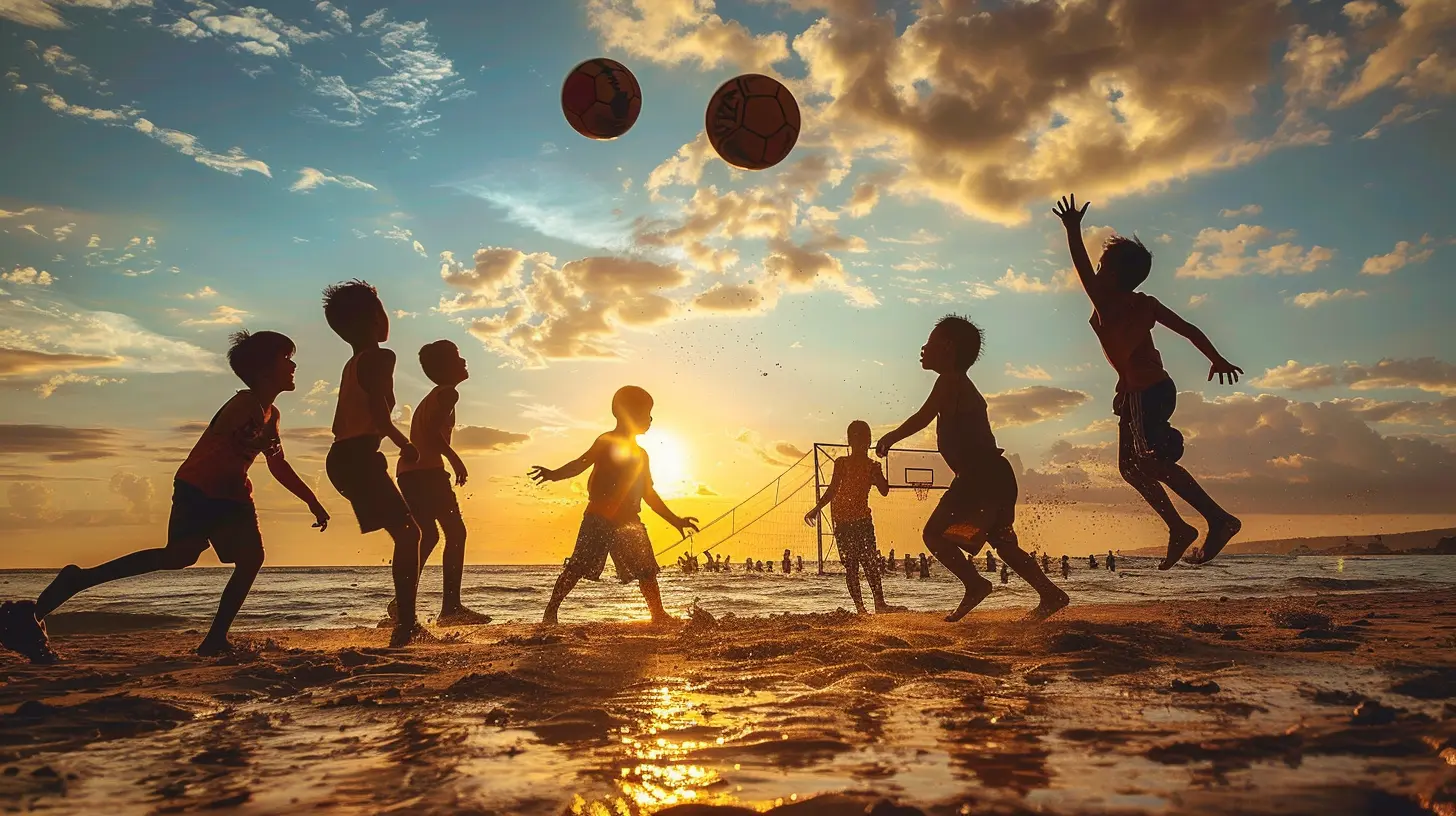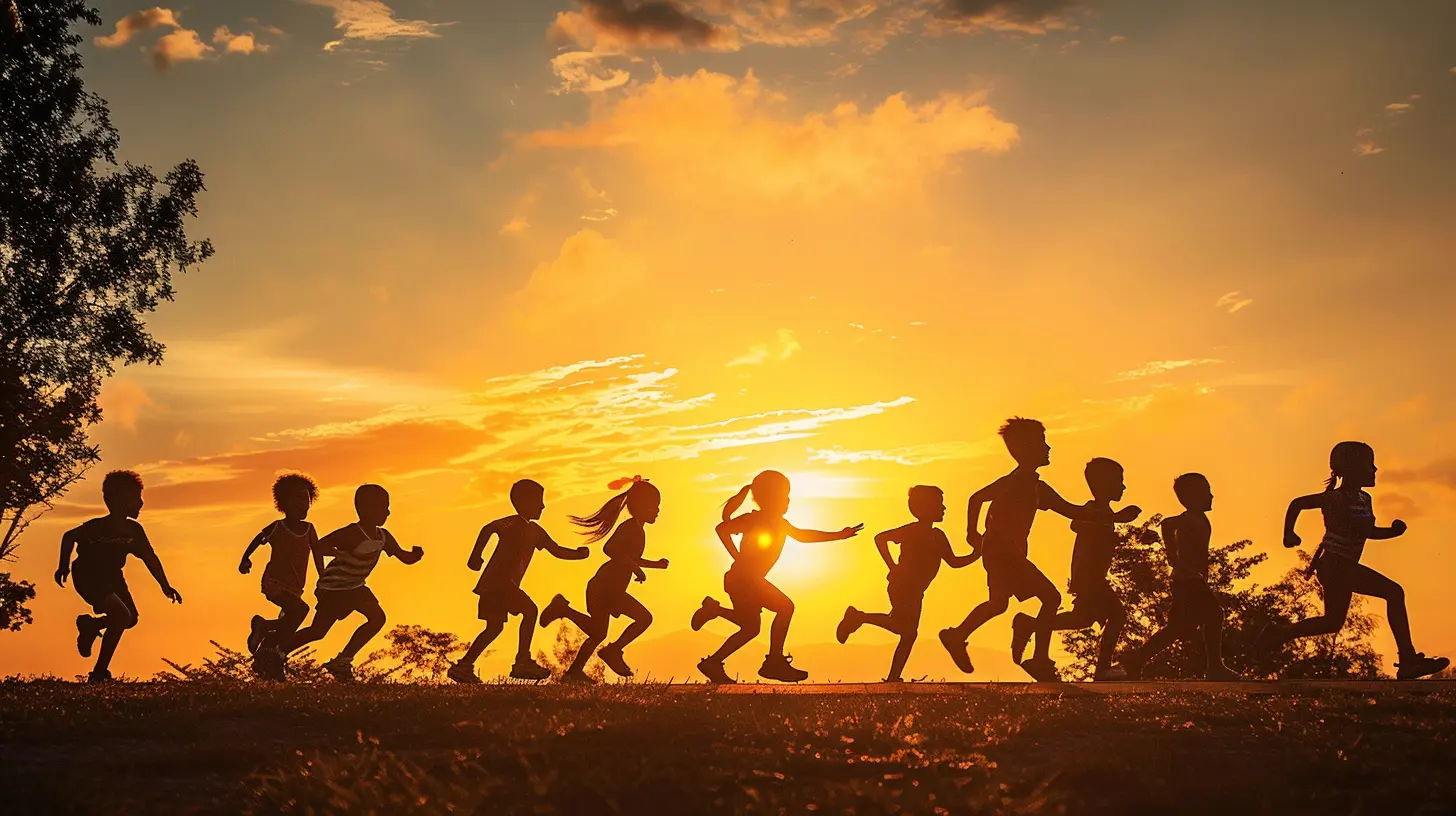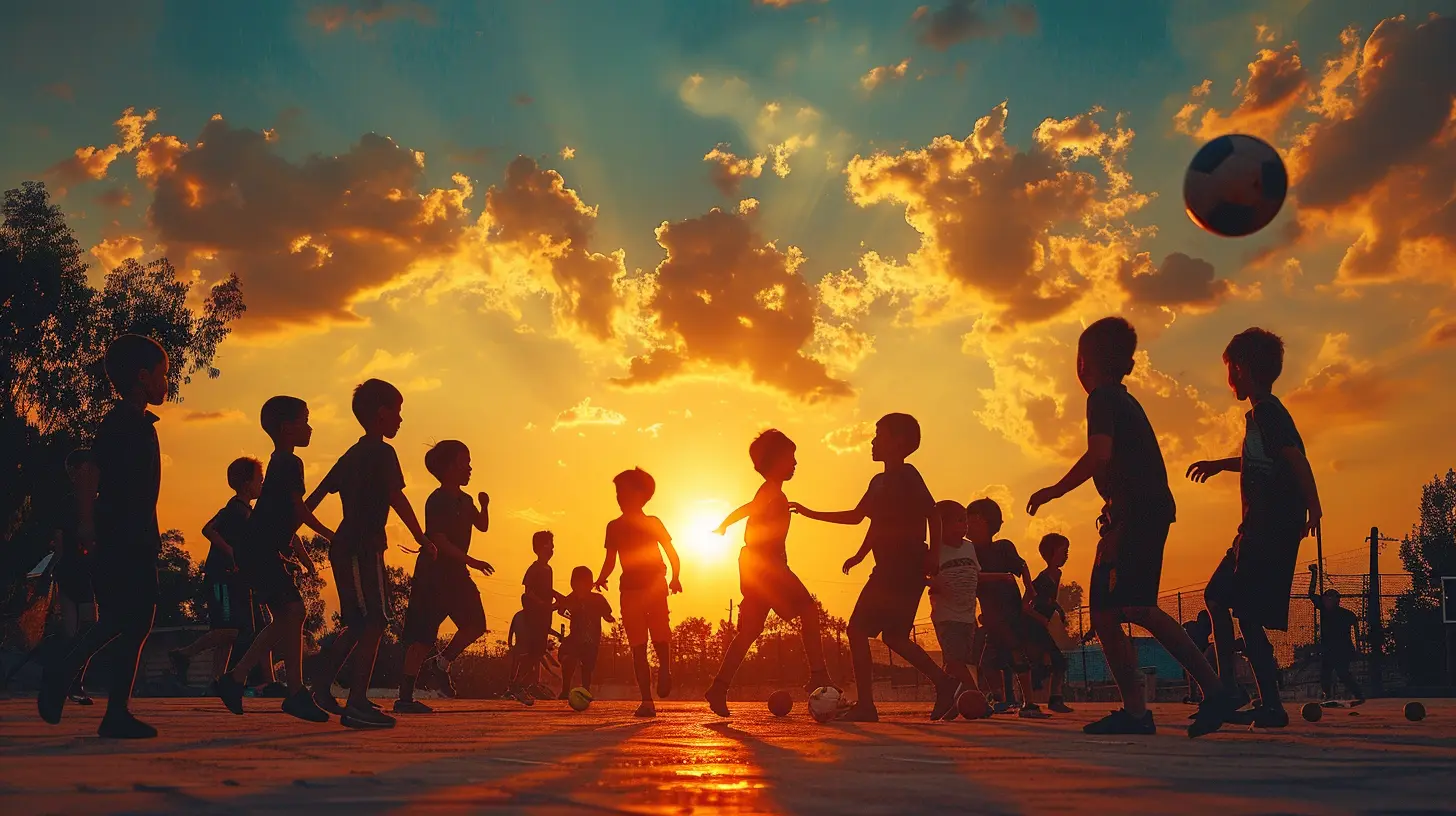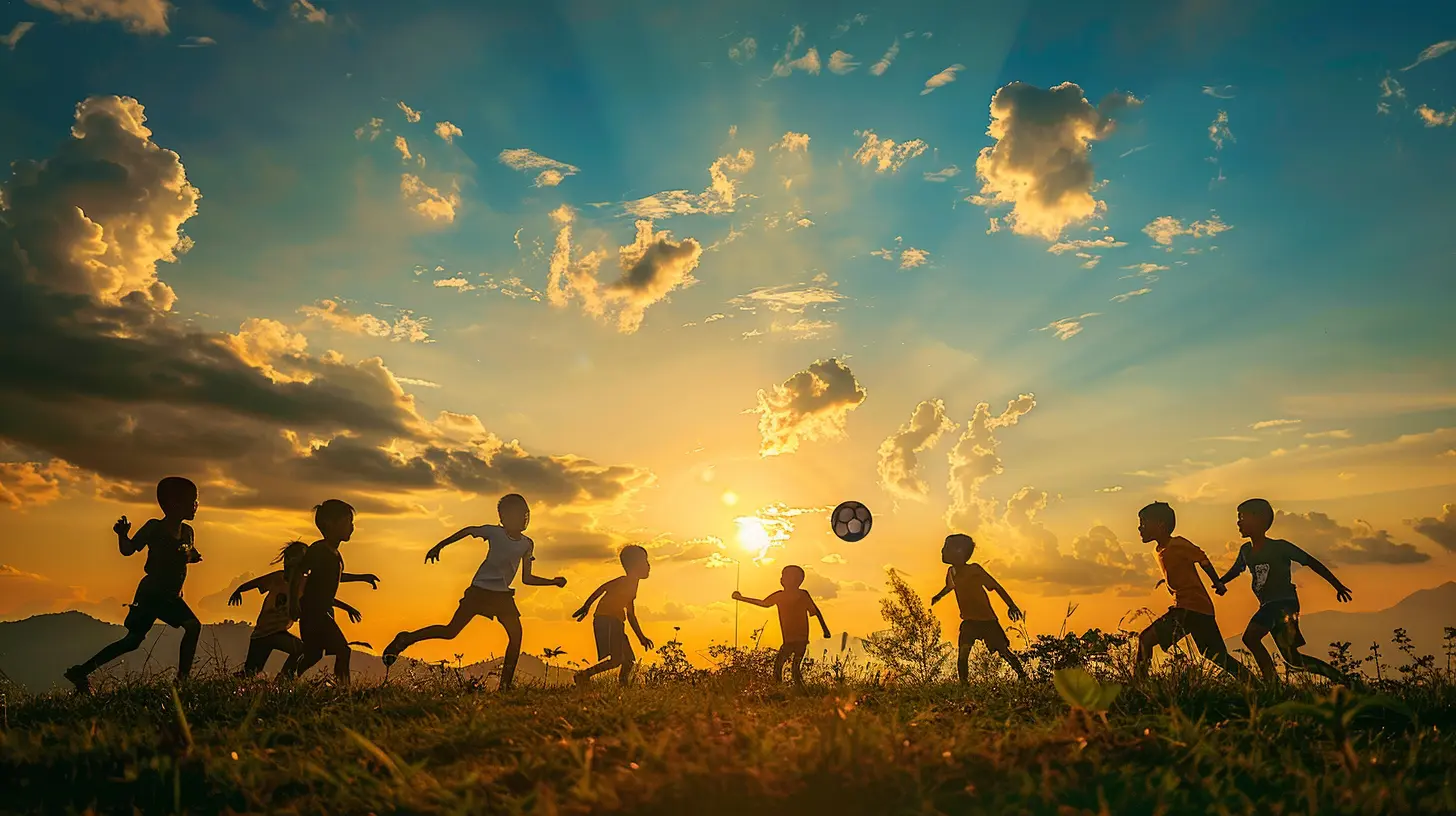The Role of Physical Education in Promoting Mental Resilience
17 July 2025
Introduction
We’ve all heard the saying, "A healthy body leads to a healthy mind." But have you ever really thought about how physical education (PE) plays a crucial role in shaping not just our physical health but also our mental resilience? In a world where stress, anxiety, and burnout are on the rise, PE is more important than ever.
This article dives deep into how physical education fosters mental resilience, helping students develop the emotional strength needed to tackle life’s challenges head-on.

What is Mental Resilience?
Before we connect the dots between PE and mental resilience, let’s clarify what mental resilience actually means.Mental resilience is the ability to bounce back from setbacks, adapt to challenges, and keep going even when things get tough. It's that inner strength that helps you stay calm under pressure, handle stress, and maintain a positive outlook despite difficulties.
Think of it like a muscle. The more you train it, the stronger it gets. And just like any workout, developing resilience requires consistent effort and the right set of exercises—both physical and mental.

The Connection Between Physical Education and Mental Resilience
Many people view PE as just a class where kids run around playing sports. But there’s much more to it than that! Regular physical activity has a direct impact on mental health, boosting confidence, reducing stress, and improving overall emotional well-being.1. Physical Activity Reduces Stress and Anxiety
Ever noticed how you feel better after a workout? That’s because exercise triggers the release of endorphins—our body’s natural stress relievers. These "feel-good" hormones help reduce anxiety and improve mood.In a school setting, where academic pressure can be overwhelming, PE provides a much-needed break. It allows students to release pent-up energy, clear their minds, and return to their studies with a refreshed perspective.
2. Improved Focus and Cognitive Function
Studies show that regular physical activity enhances brain function. When students engage in sports or exercises, their brains receive more oxygen, improving concentration, memory, and overall cognitive abilities.Essentially, PE helps students sharpen their focus, making it easier to tackle complex subjects and problem-solving tasks. So, the next time someone says, "Exercise is a waste of time," remind them that it’s actually making them smarter!
3. Building Confidence and Self-Esteem
Physical education provides students with opportunities to set goals, challenge themselves, and celebrate achievements. Whether it's mastering a new sport, improving endurance, or simply striving to do better than yesterday, these small wins add up.This process builds self-confidence. When students see themselves improving physically, they start believing in their ability to overcome other challenges in life, from exams to personal struggles.
4. Developing Discipline and Perseverance
Let’s face it—achieving fitness goals isn’t always easy. There are setbacks, failures, and days when motivation is low. But through PE, students learn the value of persistence.Whether it's training for a competition, practicing a difficult skill, or pushing through fatigue, the discipline developed in physical education carries over to other areas of life. This resilience helps students handle academic stress, peer pressure, and even personal hardships with determination.
5. Encouraging Social Interaction and Teamwork
One of the greatest benefits of PE is that it teaches teamwork and communication. Sports and group activities encourage students to work together, build relationships, and learn conflict resolution.Friendships formed through physical activities often last a lifetime, providing emotional support that plays a huge role in mental resilience. Knowing you have a team—on or off the field—makes life’s challenges easier to handle.
6. Better Sleep and Emotional Balance
Good sleep is essential for emotional well-being, yet many students struggle with irregular sleep patterns due to stress. Exercise helps regulate sleep cycles, ensuring that students wake up feeling more refreshed and ready to take on the day.When the body is well-rested, emotions are more stable, stress levels decrease, and mental resilience naturally strengthens.

Incorporating Physical Education Beyond the Classroom
While structured PE classes are essential, physical activity shouldn’t be confined to school hours. Encouraging students to stay active outside the classroom can further enhance their mental resilience.1. Promote Active Hobbies
Encouraging activities like hiking, swimming, or cycling can make exercise enjoyable rather than a chore. Finding something they love ensures that students stay active naturally.2. Encourage Mind-Body Practices
Activities like yoga and meditation incorporate movement with mindfulness, helping students develop emotional balance and mental strength.3. Implement Short Break Exercises
Simple activities like stretching or a quick walk between study sessions can work wonders for concentration and stress reduction.4. Support Sports Participation
Joining school teams or local sports clubs provides both physical exercise and social connection, further reinforcing resilience.
The Long-Term Impact of Physical Education on Mental Health
The benefits of physical education don’t stop in childhood. The mental resilience developed through regular physical activity carries into adulthood, helping individuals cope with career challenges, personal losses, and unexpected life changes.Adults who stay physically active are less likely to suffer from depression and anxiety. They also tend to have stronger problem-solving skills, higher self-confidence, and better emotional regulation—all thanks to the habits they developed early on through physical education.
Conclusion
Physical education isn’t just about fitness; it’s a powerful tool for building mental resilience. From reducing stress and improving focus to fostering confidence and teamwork, PE shapes students in ways that go far beyond the playing field.By prioritizing physical activity in schools and daily life, we equip individuals with the mental strength they need to face life’s challenges head-on. So, the next time you think about skipping PE, remember—it’s not just about the body, it’s about the mind too.
all images in this post were generated using AI tools
Category:
Physical EducationAuthor:

Olivia Lewis
Discussion
rate this article
1 comments
Signe McBride
This article insightfully highlights the vital connection between physical education and mental resilience. Promoting physical activity in schools not only fosters physical health but also equips students with essential coping skills for life challenges.
July 29, 2025 at 12:26 PM

Olivia Lewis
Thank you for your thoughtful comment! I'm glad you found the connection between physical education and mental resilience valuable.


